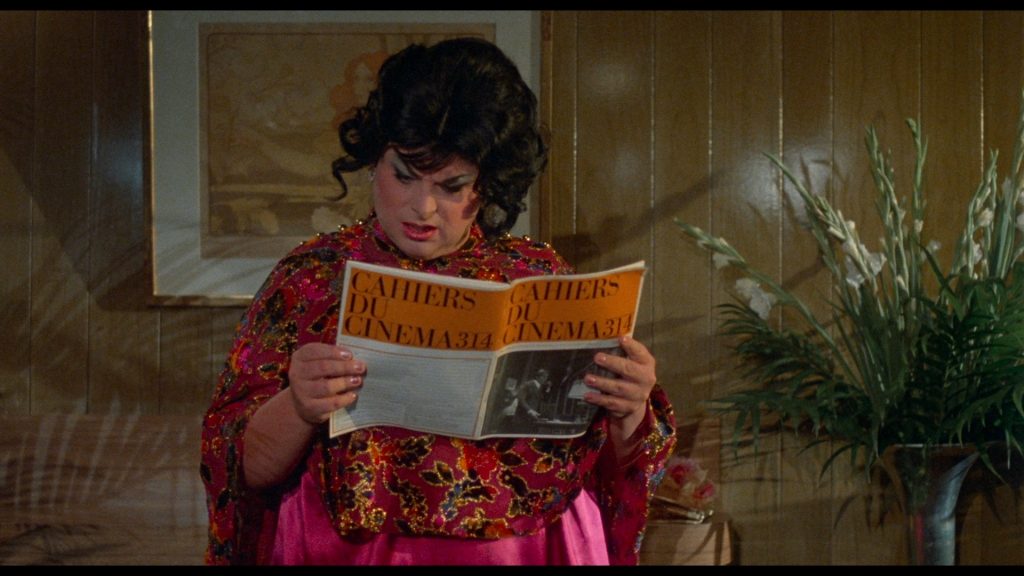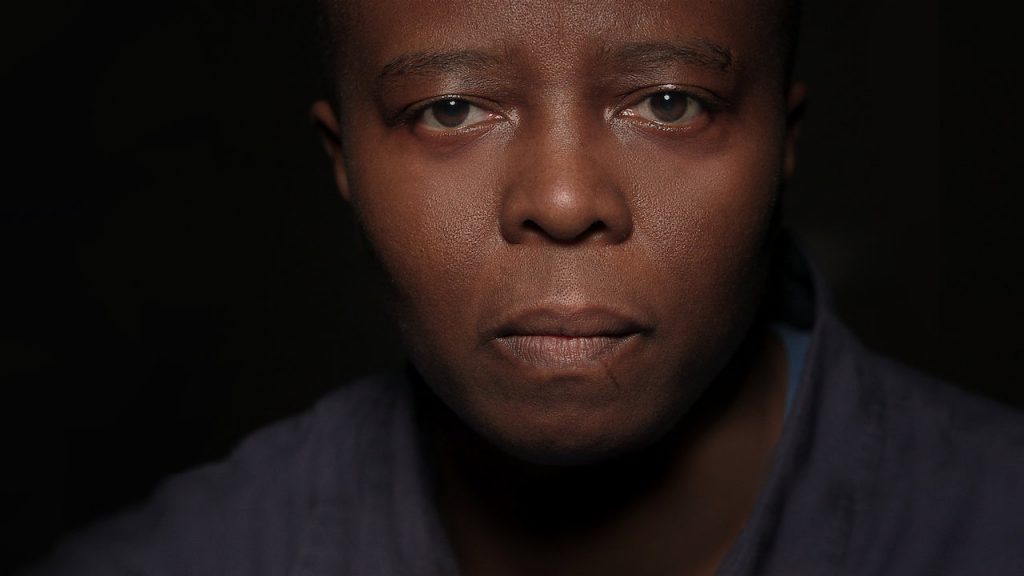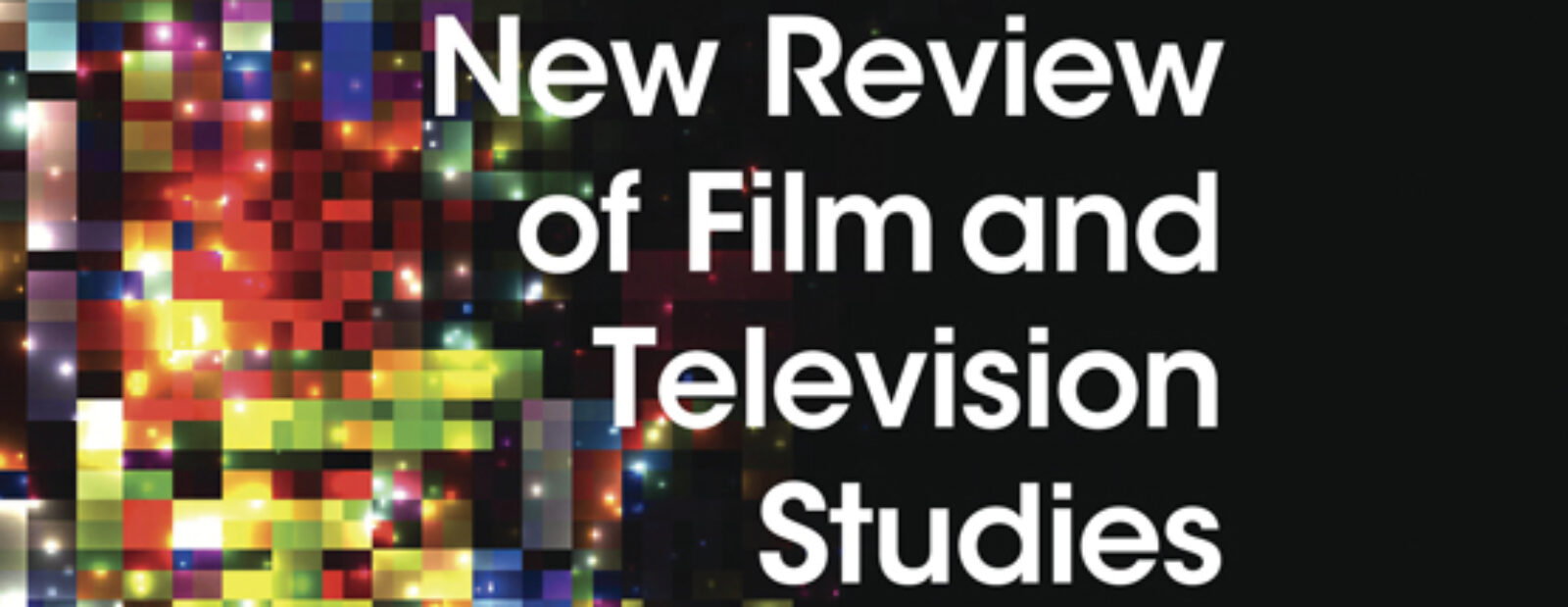The 2023 SCMS Queer & Trans Caucus Chris Holmlund Graduate Student Writing Prize has been awarded to the following essay:
Adin Walker (PhD candidate, Performance Studies, Stanford University), “Flowers, Concrete, Water: Care and Precarity in Tsai Ming-liang’s I Don’t Want to Sleep Alone (2006)”
Walker’s prize-winning article will be published in our Summer 2024 Special Issue (22.2).

Check back later in 2024 for information about this year’s award cycle.
The 2022 SCMS Queer & Trans Caucus Chris Holmlund Graduate Student Writing Prize has been awarded to the following essay:
Míša Stekl (PhD candidate, Modern Thought and Literature, Stanford University), “Queer Times in Moonlight“
Read Stekl’s prize-winning article, published in our Summer 2023 Special Issue (21.2) “Queer/Trans Media Now,” guest edited by Matt Connolly.

2022 Honorable Mentions:
Raed (El) Rafei (PhD Candidate, Film and Digital Media, University of California Santa Cruz) “Queer (In)Visibility and the Production of Queer Space in Post-War Lebanese Film”
Nicholas Tyler Reich (Doctoral student, English, College of Arts & Science, Vanderbilt University) “Les Garçons Sauvage: An Inter(s)extual Ecology of the Wet and Wild”

2021 winners were Joshua Bastian Cole’s (PhD candidate, Department of Performing and Media Arts, Cornell University) article “Changing the Reflection: Re-visions on the Trans Mirror Scene” and Sean M Donovan’s (PhD candidate, Film, Television, and Media, University of Michigan) article “Over the Corporate Rainbow: LGBTQ Film Festivals and Affective Media Networks”, published in our Summer 2021 issue.
“Changing the Reflection” Excerpt: “For trans people, felt experience does not always correspond to the image in the visual field. There is, rather, a tacit knowledge of the body, retained even when not reflected, the body under the surface that Prosser and Cáel M. Keegan have described (‘Revisitation: A Trans Phenomenology of the Media Image’ 31–34). Dysphoria is recognized for its dysfunction, its discordance and incongruence between schematic understanding and visual image. As S.J. Langer explains, trans people ‘just know’ even when we cannot rely on the material body when the mirror fails (‘Trans Bodies and the Failure of Mirrors’ 314). This misattunement between the mirror-reflected material body and the schematic muscle memory of the body not visually reflective opens perplexing questions regarding the logic of representation.” READ THE FULL ARTICLE HERE.

“Over the Corporate Rainbow” Excerpt: “LGBTQ film festivals are powered by the communicative work of what I’m naming affective media networks, the organization of public feeling made from contrasting nodes of affective transmission. Affective media networks are comprised of individual textual satellites that can be films, advertising, screening arrangements, festival documents, etc., all with the potential to be, in Steven Shaviro’s words, ‘machines for generating affect’, constructing a negotiated meaning within a spectator’s personal experience (3). Individual texts may muster particular affects, but melded together in a network the cumulative meaning is more complex, and a productive space for processing mixed feelings.” READ THE FULL ARTICLE HERE.

2020 winner Tory Jeffay’s (PhD student, Film & Media, UC Berkeley) article “‘Flat-Out’ Formalism: Strong Island as Trans-of-Color Critique” was published in our Summer 2021 issue.
Excerpt: “This formal emphasis on surface mirrors the film’s rejection of a mode of seeking truth through uncovering hidden, authoritative knowledge. Flatness, as I theorize it, critiques the logic of the trial, in which the only evidence admissible in court pertains directly to the circumstances of the crime. Ford instead incorporates the evidence of history, space, and body, reaggregating a broad range of evidence by leveling it onto the same flat plane of relevance. Opposing the narrative expectations of nonfiction film in which facts are logically strung together to reveal an authoritative truth, Ford fabulates connections so that landscape, family snapshot, and his own body intersect as evidence in his brother’s murder.” READ THE FULL ARTICLE HERE.

2020 Honorable Mentions:
Joshua Bastian Cole (PhD candidate, Department of Performing and Media Arts, Cornell University) “Missing Things: The Eerie Allure of Hidden Trans Masculinity in John Carpenter and Rhys Ernst Films”
Erin Nunoda (PhD candidate, Cinema Studies Institute, University of Toronto) “On Ephemerality: Tiger Beat and Teenage Time”
2018 winner Cameron Clark’s (Ph.D. Candidate, Departments of English and Comparative Media Analysis and Practice, Vanderbilt University) article, “Grief, Ecocritical Negativity, and the Queer Anti-Pastoral,” was published in our Summer 2019 issue.
Excerpt: “For queer film scholars, these [queer anti-pastoral] frameworks often prioritize generative world-building endeavors, especially in regard to romance, sensual discovery, communal recovery, or ecological awareness. Queer anti-pastorals such as my three case studies, however, present more nonegalitarian, inhospitable, and discomforting representations of queerness within the natural world that often struggle to achieve interpersonal or ecological connections. This representative practice may seem to counter critical discourses for queer ecocinema and world cinema. Yet, my argument is that these queer anti-pastorals reconfigure these discourses by bringing more attention to injurious world-shattering occurrences and their subsequent restructurings. READ THE FULL ARTICLE HERE.

